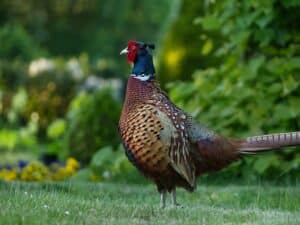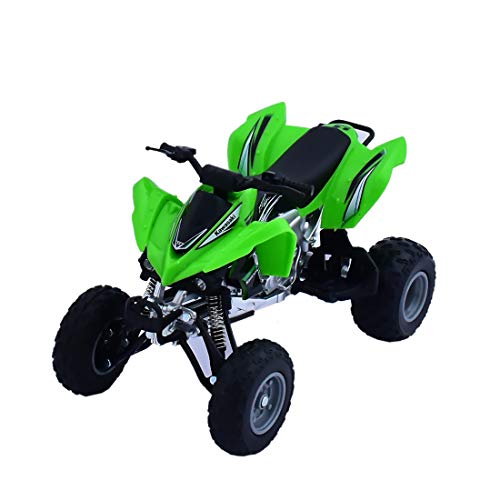No products in the cart.
Fun Facts
Choosing the Right Bird: A Hunter’s Guide
 Choosing the Right Bird: A Hunter’s Guide
Choosing the Right Bird: A Hunter’s Guide
The Pheasant: A Feathered Jewel
Pheasants are known for their plumage and elusive nature. They are found in diverse habitats, including grasslands, farmlands, and wooded areas. Hunting pheasants often involves walking through fields, flushing them from cover, and taking a well-aimed shot. Their rapid flight and ability to blend into their surroundings make them a challenging target.
The Duck: A Waterfowl Classic
Ducks are a staple of waterfowl hunting, offering a variety of species and hunting methods. Mallards, Canada geese, and teal are among the most popular targets. They inhabit wetlands, lakes, and rivers, and their hunting often involves setting up decoys and calling to attract them. Ducks can be challenging to hit due to their fast and erratic flight patterns.
The Quail: A Ground-Nesting Gem
Quail are small, ground-nesting birds that provide a rewarding hunting experience. They prefer grasslands, agricultural fields, and brushy areas. Hunting quail often involves flushing them from cover and shooting them on the wing. Their small size and quick reflexes require precise marksmanship.
The Turkey: A Trophy Hunt
Turkeys are highly sought-after game birds known for their size, intelligence, and challenging hunts. They inhabit forests, woodlands, and agricultural areas. Hunting turkeys requires patience, observation, and a deep understanding of their behavior. Their ability to spot hunters from a distance and their defensive nature make them a formidable opponent.
The Dove: A Fast-Paced Pursuit
Doves are small, migratory birds that offer a fast-paced and exciting hunting experience. They inhabit agricultural fields, open areas, and tree lines. Hunting doves often involves shooting them on the wing as they fly in flocks. Their small size and rapid flight make them a challenging target.
Factors to Consider When Choosing a Bird
Several factors should be considered when selecting a game bird:
- Hunting Season: Each state has specific hunting seasons for different birds. Research the regulations in your area to determine when and where you can hunt.
- Habitat: Familiarize yourself with the habitat preferences of the birds you’re interested in. This will help you choose appropriate hunting locations.
- Hunting Techniques: Consider the hunting techniques involved with each species. Some birds require specialized equipment or skills, such as decoys, calling, or stalking.
- Personal Preferences: Ultimately, the best bird to hunt is the one that excites you the most. Consider your hunting style, experience level, and personal interests.
By carefully considering these factors, you can choose a game bird that aligns with your hunting goals and provides a rewarding and memorable experience. Remember to always practice safe and ethical hunting practices, and respect the natural environment.



